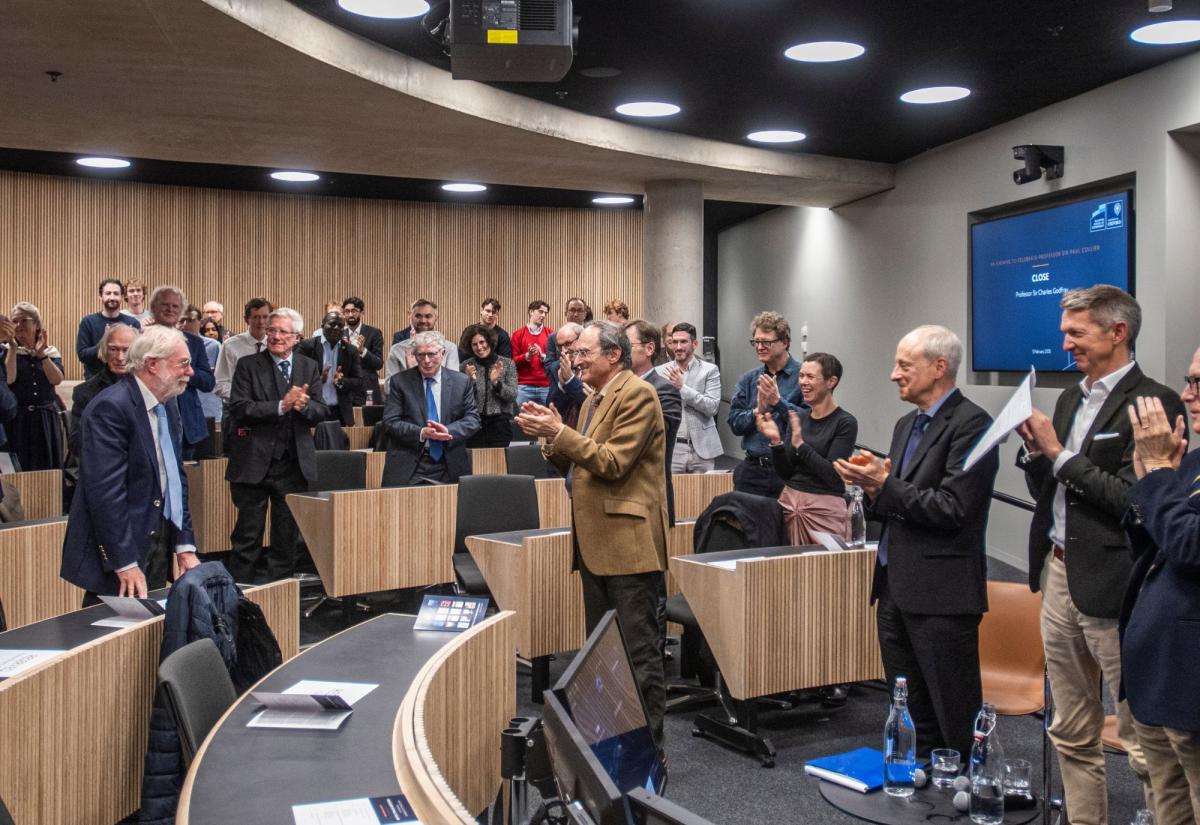On 12 December, Professor Scott Sagan of Stanford University delivered a public lecture entitled ‘Will the Spread of Nuclear Power Lead to the Spread of Nuclear Weapons?’
Professor Sagan discussed nuclear security and the spread of nuclear programmes in countries around the world. His talk highlighted the links between civilian nuclear energy programmes and the proliferation of nuclear weapons by states and non-state actors, including the potential for great harm if terrorists are able to acquire nuclear material and weapons. He showed a clear correlation between democratic systems and their respect for existing international agreements, making the case that while democratic states tend to abide by international agreements, including the non-proliferation treaty, non-democratic states tend not to. This is a critical concern, since those states most likely to develop nuclear programmes in the next couple of decades are likely to be non-democratic and therefore not as likely to commit to the nuclear non-proliferation bargains that have helped to secure nuclear-related material, technology and facilities.
‘I thought the talk was useful in terms of taking a wider look at the international dynamics of a policy issue, rather than debating the pros and cons of it for a particular country, which is likely what we would have done in regular class,’ Blavatnik School student Kelly O’Connor said. ‘I am interested in armed conflict and development, so considering the arguments of emerging nations regarding nuclear energy and the pushback regarding security was interesting for me.’
Scott Sagan is a Professor of Political Science at Stanford University and a Senior Fellow at the Freeman Spogli Institute and the Centre for International Security and Cooperation. He was previously a Special Assistant to the Director of the Joint Chiefs of Staff in the Pentagon, as well as a consultant to the Office of the Secretary of Defence. He was also a consultant to both the Sandia and Los Alamos National Laboratories.



